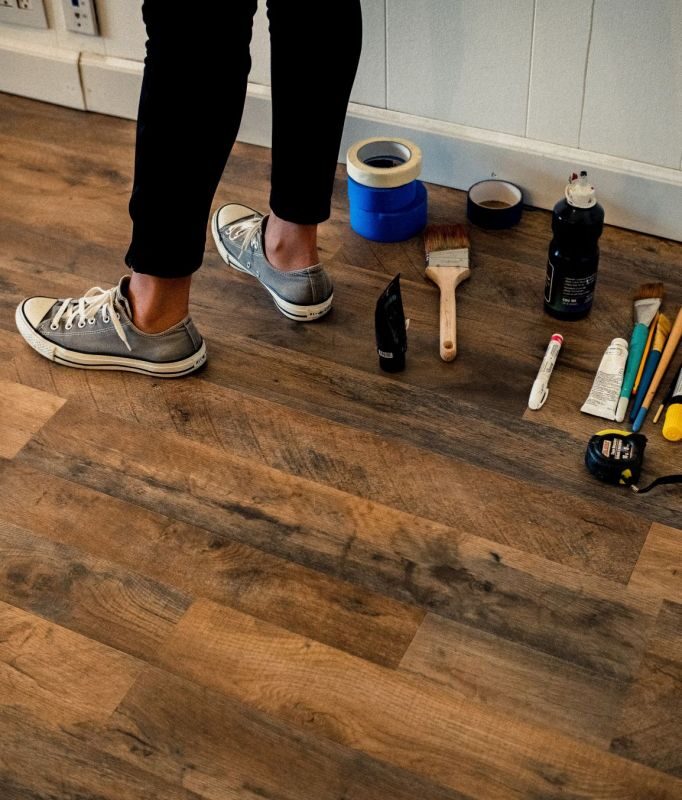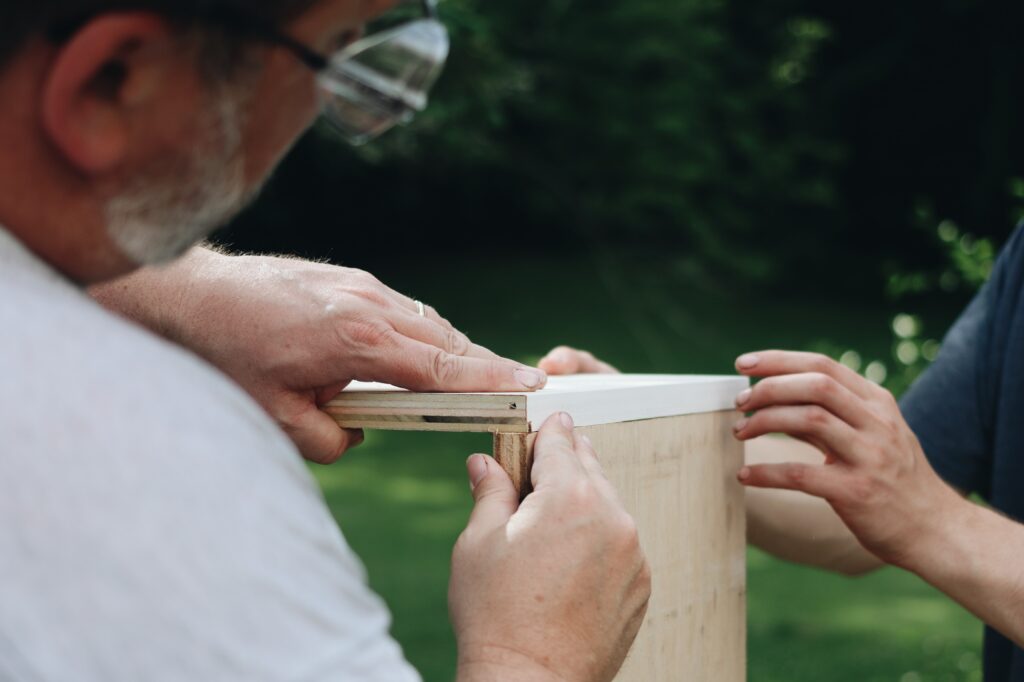Home DIY is becoming incredibly popular these days because it helps people save money on their repairs and maintenance, but it’s also a fantastic hobby to pick up because of all the great things you can learn. However, gaining experience in DIY can be difficult because there aren’t many chances to really practice your skills. Getting savvy with your tools can be tricky and you don’t want to risk your home in the process.
For example, if you attempt to fix a pipe in your plumbing system and break something by accident, then repairing it will cost a lot of money and you’ll end up wasting a lot of time as well. But how exactly do people reach a point where they’re confident in their DIY skills? Is there a special way to practice?
Get started with smaller projects, even if they won’t make a huge difference
The key to improving your DIY knowledge at home is to get involved with any project that you can, even if it’s not going to make a huge difference in how your home functions. This gives you an opportunity to get used to handling different tools and also helps you learn from mistakes. Since you’re getting started with small repairs and improvements, even if you do make a mistake it’s not going to be a huge detriment to your home. But what are some examples of small DIY projects at home? Here are some ideas:
- Try fixing a squeaky door or an old door handle
- Build some more flatpack furniture instead of buying something pre-built
- Learn how to mount things like shelves on the wall and check for studs and wires
- Study how to take apart things such as a sink and clean out the pipes from inside
- Find an old piece of furniture in storage and try to fix it up
- Repaint a wall or two in a room that you don’t use very often like a guest bedroom
These are some small projects that can help you get started with home DIY. They’re not massive tasks, they’re fairly cheap, and if you do make a mistake it won’t be a huge expense to get it fixed. You’ll gradually gain experience doing smaller tasks and eventually, you’ll be confident enough to do something a little bigger and more demanding.
Look for local suppliers to make sure you have everything you need
Before getting started with any kind of project, it’s a good idea to speak with local suppliers to see what’s available. If possible, try and visit those suppliers and get to know them. Tell them that you’re interested in getting started with DIY and they’ll probably be happy to give you some advice and offer recommendations for different kinds of products, materials, and even hardware. It’s a perfect opportunity to learn from others.
However, if there aren’t many DIY suppliers and stores near you, then you may need to look online. This usually gives you more options, such as EPDM Rubber Roofing and other specialist products that will be hard to find in stores around you. This gives you far more options and usually opens you up to cheaper deals on materials and equipment, but do keep in mind that it’s not a personalised service and you won’t have someone to talk to about DIY.
Alternatively, you could always ask online for DIY advice and assistance. There are many message boards and forums on the internet that you can frequent to ask questions and also read what other DIY beginners are talking about. There are loads of options to pick from and they’re all great for learning something new.
Speak with more experienced friends and family members
There’s a good chance that you might have some friends and family members who are slightly more experienced at DIY than you are. In this case, you should definitely ask them for advice and tips. Since they’re people that you know, there’s a good chance that they’ll even help you out when you’re planning a DIY project of your own. If you show any interest in DIY, then they might even invite you over to help out with their projects so that you can gain more experience and learn something.
More experienced friends and family members are a fantastic source of inspiration and assistance. They can even assist you with things such as where to source different kinds of supplies for your DIY projects and even lend you DIY equipment. This can be a great way to save money as power tools can be really pricey. If you know people that have access to workbenches, then it can be helpful to ask them for some help if you’re planning to make your own shelves or create custom furniture parts.
Concerns to keep in mind before doing home DIY
While home DIY is a great hobby to develop, you should keep in mind that there are going to be concerned in the future. For example, should you invest in expensive DIY equipment, or should you just borrow from friends and family members? Is it worth renovating a part of your home alone, or should you just let professionals take care of it?
There are also some DIY projects you should never attempt on your own. These are usually ones that could injure you if you’re not careful, such as working on your roof. There are also some projects, such as working on your plumbing, that can lead to long-term damage to your entire home. If you accidentally cause a leak then it’s going to be expensive to repair it, and the water might soak into the foundation and structure of your home which will lead to even more issues. Since there are so many problems to deal with, you might be better off just hiring a contractor instead.
But with that said, these concerns can always be dealt with and there are always options to help you get the most out of your DIY projects.








